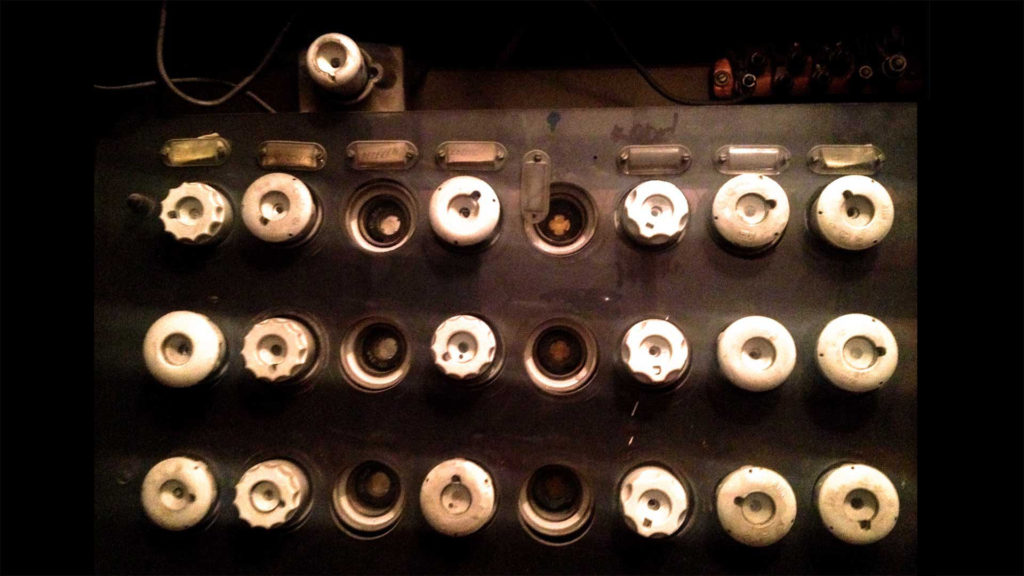I ask my creative writing students to reverse engineer what they read; to isolate technical strategies they can articulate, evaluate, emulate, vary. And so here I am, writing on reading (not a review; not a critique; simply a notation of that which strikes me), giving a public forum to the transformative power of writing and reading, to the gift of a book, how the thousands of hours that go into the creation and publication of a book might impact another consciousness.
Justin Torres, We The Animals. Houghton, Mifflin, 2011. This book taught me a lot about shape. There’s doesn’t need to be a roundedness, a (provisional) closure. Yes, we read Tristram Shandy, we read books that feel wonderfully jagged, but we tend to make things self-enclosed (or, at least, this is my perception, the necessity of publishing, which I believe has fundamentally changed the way academics who are fiction writers have approached their craft). What strikes me most about We The Animals is the left turn the book makes about 90% through – from a fiction/memoir about three feral brothers, well-crafted and yet seeming lacking a destination other than coming of age, into the traumatic event near the end. The shape of We The Animals feels, if I had to draw it, like a dog leg. Of course, there’s foreshadowing (the homosocial behavior, the bookishness, the liminality of mixed-race), but the approach to the end accelerates quickly. It’s a lovely effect, which forces me to read and re-read – to read into – what nominally seems the work of brothers; all dirt and innocence. I note that the velocity of the climax makes problematic the denouement, which seems deliberately awkward, hinged: a kind of precipice of identity. Does the protagonist sense something about his sexuality long before? If so, the present tense-ishness of the narrative prevents retrospect (a curious choice, one that would give the book away). So, then, what is the function of this misdirection, this lack-of-self-consciousness preventing us from skipping to the end? Or, if not misdirection, a choice in narrative positioning which places me in the same place as the narrator? A forensic position, a combing of signs? I’m thinking here of Juliana Spahr’s The Transformation, which seems to make the same kind of radical turn, forcing us to re-read, to re-evaluate, to have a different position of past events, but in a slightly unprepared way; a way in which you are strangely naked.
As a side note: I’m delighted to have, as coincidence, read three books by Iowa graduates that are doing really interesting things (Torres, Machado, Zhang). I remember the times when, reading for Versal, I could pick out the stories written by Iowa graduates. And while none of these books are doing anything too radical, there’s a newish intersection of subject matter, form, and structure that I find exciting.
